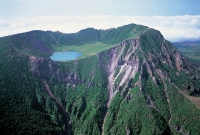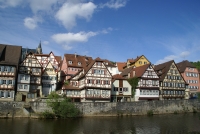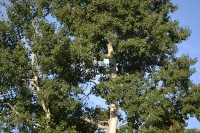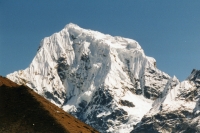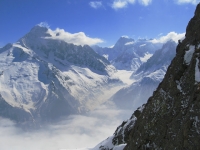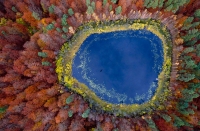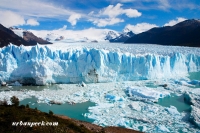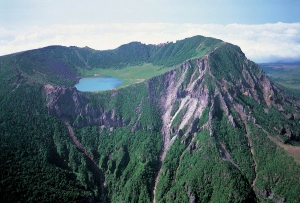The Economist: THE Barakah nuclear-power plant under construction in Abu Dhabi will never attract the attention that the Burj Khalifa skyscraper in neighbouring Dubai does, but it is an engineering feat nonetheless. Remarkably, its first reactor may start producing energy in the first half of 2017—on schedule and (its South Korean developers insist) on budget. That would be a towering achievement. Of 55 plants under construction, the Global Nuclear Power database reckons almost two-thirds are behind schedule. The delays lift costs, and make nuclear less competitive with other sources of electricity, such as gas, coal and renewables.
Fritz Vahrenholt, PhD Chemistry: In 2012, Germany decided to close its nuclear plants, which were concentrated in the south. It reshaped the grid, building huge DC cables from north to south. The wind is more abundant in the north. A total of 6100 km of cable will have to be built by the time the last nuclear power stations shut in 2022. 400 km have been given the go-ahead and 80 km have been built, just 1.3% of the total. Due to opposition to these cables, plans have been torn up. The government now plans to build them underground, increasing the cost eight fold.
Michael Shellenberger, Founder-President of Environmental Progress: Global demand for electricity is set to rise 70% over the next 25 years. New nuclear reactor components can increasingly be mass-manufactured in factories and shipped around the world for reassembly on site. What’s at stake is a market worth $500 to $740 billion over the next decade and hundreds of thousands of high-skill and high-wage jobs. This essay applies to America and other countries who promote nuclear energy, nuclear medicine, and nuclear science for peaceful purposes. This new Atoms for Peace effort could inspire and unite the world around something almost everyone wants: cheap, clean energy and its beneficial and very valuable by-products and services.
Adelino de Santi Junior is a biologist with Nuclear Industries of Brazil: He compares nuclear power with many other energy sources. He focuses on the topic of CO2 from fossil fuels, but his arguments apply to many other issues when evaluating different energy sources. This website presents articles by people with different views about man-made global warming as long as the author is generally respectful toward people with other views. In some cases we present views by intolerant authors, only to show our audiences what is happening. Thanks for your great leadership, Adelino.
- Latest
- Popular

